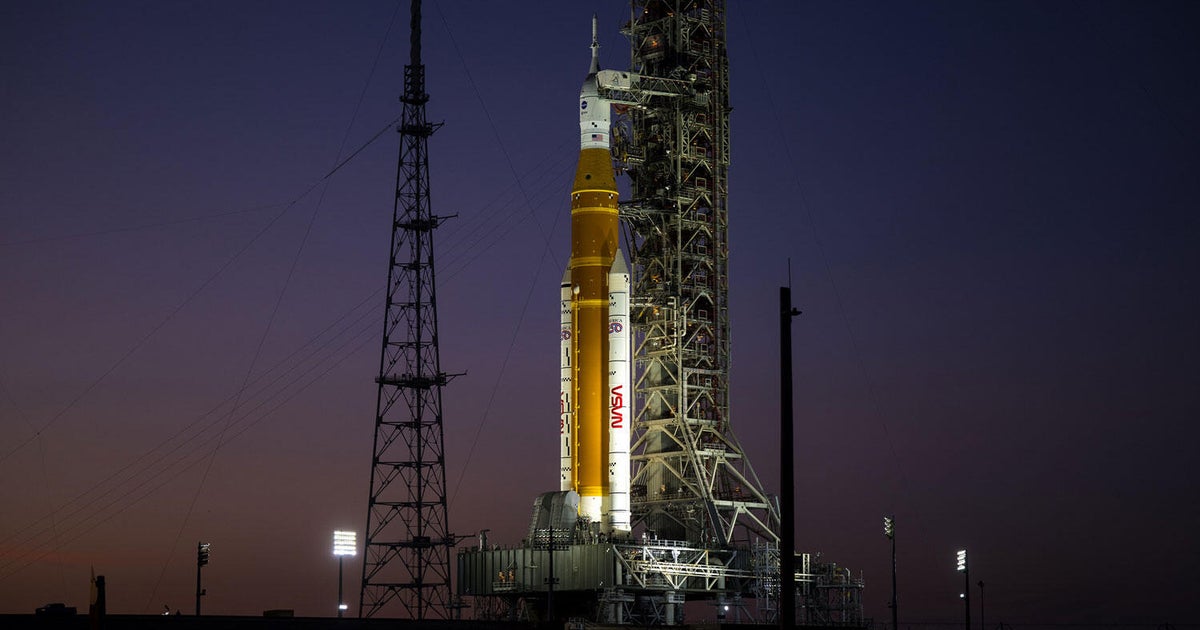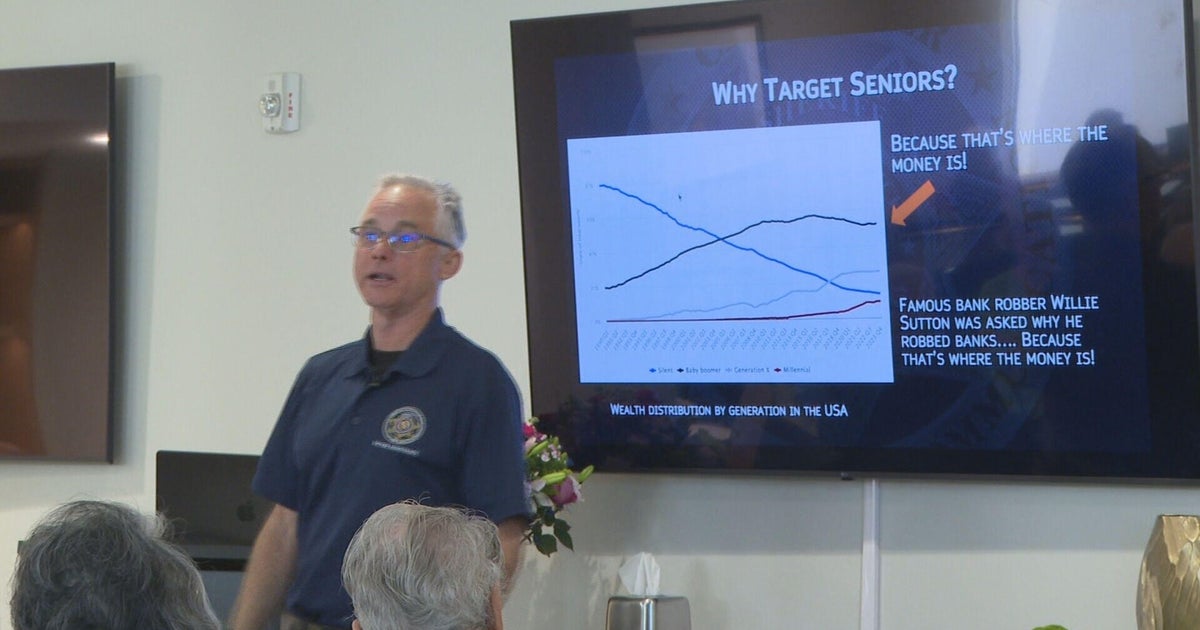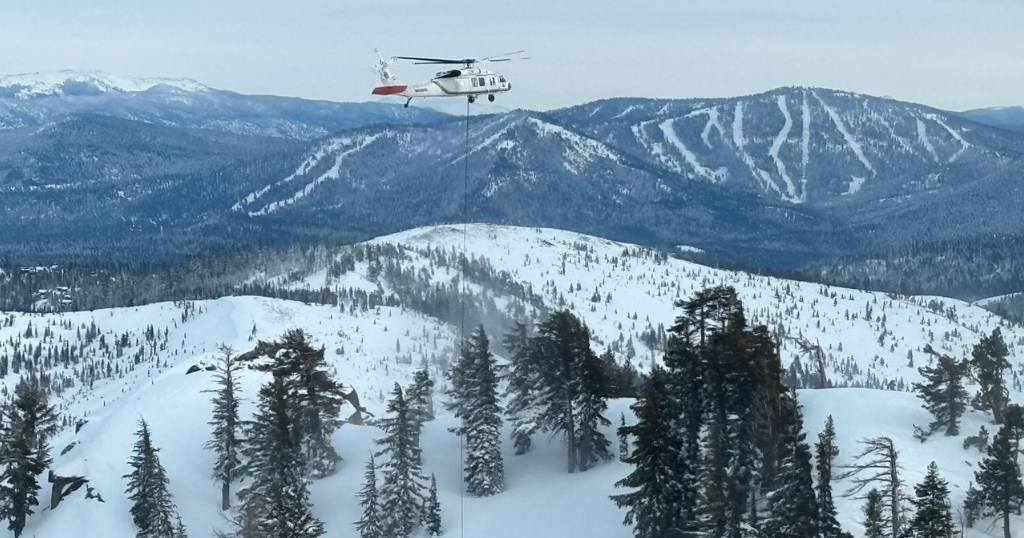NASA's Artemis moon rocket launch will open new chapter in space exploration, MIT expert says
BOSTON - NASA will try once again to launch its' giant Artemis moon rocket after a hardware leak stopped the last attempt on Saturday. NASA said Saturday teams attempted to fix an issue related to a leak in the hardware transferring fuel into the rocket, but were unsuccessful.
Blastoff of the Space Launch System will be scheduled for another time from the Kennedy Space Center in Florida. When it does, it will send an unpiloted crew capsule on a 42-day trip around the moon.
It's NASA's first mission to the moon in 50 years.
"It's very exciting because the last time we were on the moon was during the Apollo years and we didn't stay. Our current generation has just a vague memory of that," Paulo Lozano, the director of the space propulsion lab at MIT, told WBZ-TV Friday.
The test flight, whenever it occurs, will make sure the capsule's heat shield can protect returning astronauts from the 5,000-degree inferno of re-entry on a future flight. If it goes well, NASA plans to launch four astronauts in 2024 on a mission to the moon.
"Restarting this program to the moon I think is important because not only for the presence of humans in space beyond earth's orbit, but also the possibilities that the development of the technology can give us by exploring the moon," Lozano said.
"All we learn by going to the moon we can apply to go to other places in the solar system that are extremely exciting. Not only planets, but visiting asteroids for example."
Lozano said it's much easier to go to places like Mars and Venus by starting from the moon rather than starting from the earth.
"Going into deep space for long periods of time, I think is going to be revolutionary in what we can learn about the human body, how it behaves and how to protect it," he told WBZ.
Despite Saturday's postponement of the launch of the $4.1 billion rocket, Lozano said it's not a big deal because this a very complex system being launched for the first time and it needs to be done right.
"It's not that you have another rocket just next door that you can use and substitute this one if something goes wrong," he said.
Lozano said the "whole scientific community is involved to some extent" in the launch and that NASA's "reaching out to many, many partners."







